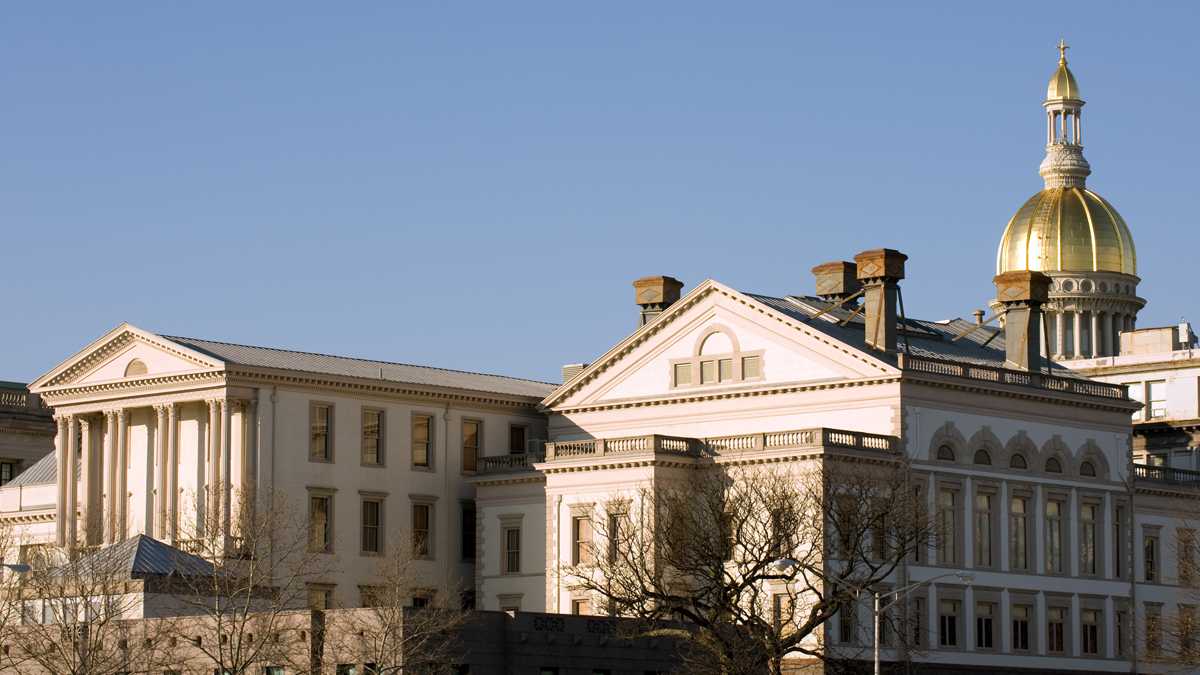N.J. political party fundraising sags after pay-to-play law, Citizens United decision

(Photo via ShutterStock)
County political parties in New Jersey have been raising less money over the last decade, according to a report by the state Election Law Enforcement Commission.
From 2010 to 2016, county parties raised an average of $8.2 million per year, only half of what they typically raised annually from 2003 to 2009.
Two reasons for the precipitous drop, according to ELEC, are state pay-to-play laws passed in 2005 and the U.S. Supreme Court’s Citizens United v. Federal Election Commission decision in 2010, which produced a deluge of independent political groups called Super PACs.
“Political parties are really the link between the people and the government,” said Jeff Brindle, executive director of ELEC. “They’re more accountable and they’re regulated. And we need to really offset the influence of these independent groups.”
An earlier report from ELEC found that statewide political party organizations in New Jersey also saw fundraising sag over the last decade. Major state and legislative political committees in New Jersey raised $4.5 million in 2016, compared with the $6.7 those same groups raised in 2008.
It does not necessarily mean that money is leaving New Jersey. While the statewide pay-to-play laws restricted the kinds of contributions state and county parties could accept, Citizens United opened the floodgates for independent spending groups with no limits on what they can receive.
ELEC found that independent groups spent $28 million on ballot questions in New Jersey in 2016, $11.6 million on the 2015 Assembly races, and a total of $41 million on gubernatorial and legislative contests in 2013.
“It’s just that we can’t trace the money as well because of the advent of these Super PACs,” said Ben Dworkin, director of the Rebovich Institute for New Jersey Politics at Rider University. “It’s not that there’s less money in our political system. “
Fundraising by county parties in the years before Citizens United was a bit higher, averaging $12.5 million annually. Even earlier, before the state’s pay-to-play laws took effect in 2006, county parties were raking in an average of $22 million per year.
Dworkin said political parties that receive fewer donations are weaker because they have less control over their candidates, which he said is a disservice to voters come election day.
“The party label really provides accountability for the average voter who may or may not know who their sheriff is and whether they like their sheriff or not,” said Dworkin. “The party label gives them an understanding.”
To shift money back toward political parties and away from independent groups, ELEC recommended excluding the party organizations from the state’s pay-to-play laws and raising the limits on contributions to state and county political parties.
WHYY is your source for fact-based, in-depth journalism and information. As a nonprofit organization, we rely on financial support from readers like you. Please give today.




